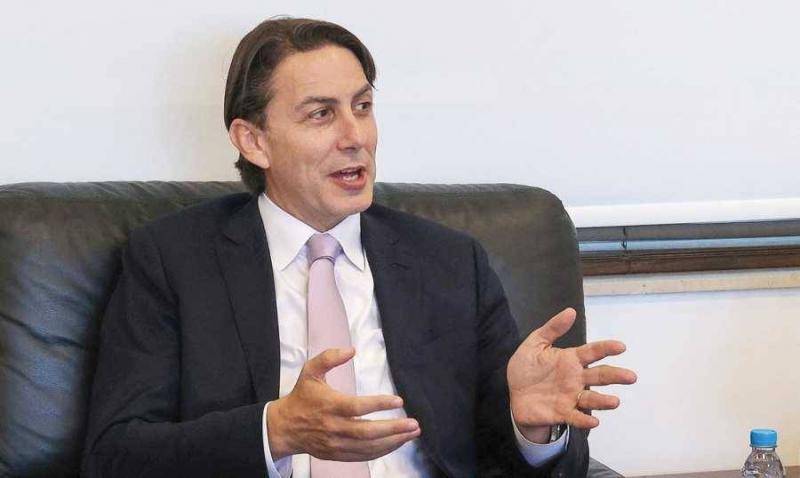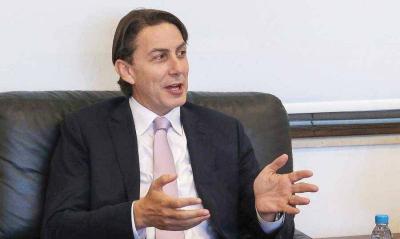U.S. envoy Amos Hochstein arrived in Beirut today after a visit to Israel, amid reports that he has a comprehensive plan to achieve a path in three phases. The first phase involves solidifying a ceasefire on the southern front upon the announcement of a ceasefire in Gaza, followed by the removal of Israeli violations along the Lebanese border, and the third phase pertains to the implementation of Resolution 1701.
Some observers note that Hochstein, who is meeting with Speaker of Parliament Nabih Berri, caretaker Prime Minister Najib Mikati, and Foreign Minister Abdullah Bou Habib, seems to have a clear plan he intends to pursue, previously discussed with political leaders during his earlier visit. However, he seeks written guarantees signed by both the Lebanese and Israeli sides to facilitate its implementation, similar to the process he followed in the maritime border demarcation.
The question today is whether Hochstein carries a feasible plan and whether he can succeed in the land demarcation, the easing of tensions, and the presidential file as he did in the maritime file. One deputy considered this question "difficult" to answer since no one knows what the U.S. envoy truly carries in his bag; everything reported in Lebanese newspapers on this matter is merely speculative.
Meanwhile, a source close to the governmental palace stated that Hochstein had previously focused on two points: easing tensions in the south and implementing Resolution 1701, and he emphasized the importance of electing a president in Lebanon to align with regional developments. The current visit is framed within this context.
If Hochstein has a long-term plan for de-escalation, it would be very beneficial, especially with discussions of a ceasefire in Gaza during Ramadan. The source indicated that "given the current circumstances, it is not unlikely that Hochstein may succeed in easing tensions along the southern border, but regarding the presidential presidency, implementing Resolution 1701, and land demarcation, it is currently very difficult to achieve any breakthrough in these files. The complexities surrounding the presidential matter remain very significant and unresolved at this time, as evidenced by the stagnation of the 'National Moderation' initiative and the working of the 'Quintet', indicating that the presidential file has not yet matured."




